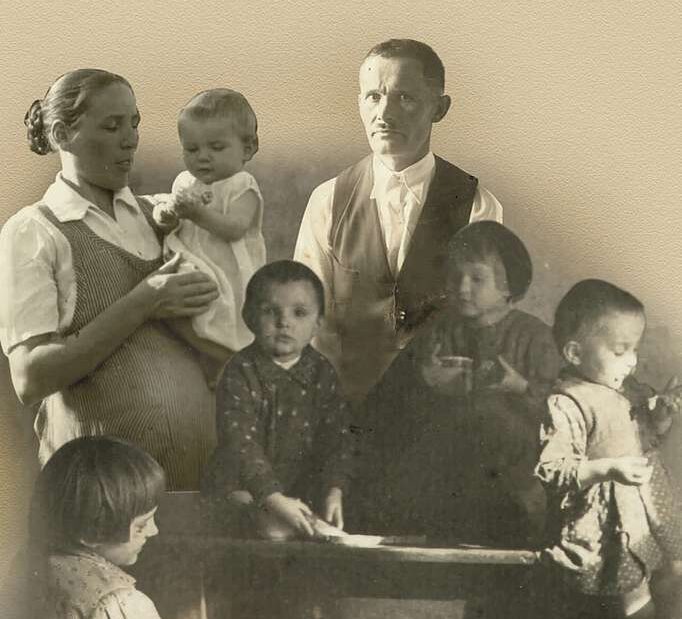We’ve all been there – shifting uncomfortably, perhaps even with a touch of irritation, as the greeter reads the Mass announcements and says there is a second collection (again), or when the pastor wants to talk about the parish budget in place of his homily. At best, we gloss over the bulletin report on the offertory income from the week prior or the quarterly update about income and expenses. The discomfort with or aversion to finances can be found in every parish. It is a common theme in the Catholic Church, and the manner in which we address finances will have a profound impact on the future of the Church.
The factors that contribute to challenging financial outlooks for parishes are many. Aging congregations, long-deferred maintenance of church properties, growing disenchantment with the Church, and the societal shift away from religion are certainly prime examples. Just as one cannot afford to ignore their household finances, nor can Catholics dismiss the finances of their parish communities. Catholic stewardship calls for time, talent, and treasure. It also demands an honest self-examination of our realization of how deeply we are living our faith.
Money should not dictate ministry, but all ministry requires money.
This is a plain reality. So why are so many Catholic communities struggling to proactively address their economic affairs?
Recently in my own parish, the pastor addressed the community and our need to focus on debt reduction in a renewed way. Six years ago, we purchased a property right next door to our church to ensure our continued growth as a community and now carry a multimillion-dollar mortgage burden. While the original capital campaign is now concluded, it was not so successful as to produce the full cost of the purchase. The result is we now face an undeniable truth – invest in ourselves as a parish community and address the debt or risk being forced down a path of reduced ability to provide the ministry and programming currently available.
I’ve always been amazed by the level of external generosity my Catholic community displays. Our annual food drives collect several tons in donations. The parish Service Day sees hundreds of folks deployed to different service sites in the surrounding community. Yet I’ve always been puzzled at how a community known for its penchant for service struggles to be internally generous when it comes to the finances required to fuel parish life.
Despite the heavy nature of the conversation about our mortgage debt, keeping the parish mission at the center proved highly successful. This combined with a moment of faith formation surrounding the liturgical significance of the offertory collection and the repeated invitation to enroll in online giving provided the foundation necessary to reshape the community’s desire to invest in itself. The deal was sealed with a significant “challenge gift” from a very generous anonymous donor.
Presenting the need for fiscal engagement in the form of a challenge is a way to implore the faithful in the pews to explore their Catholic faith and discipleship in a new way. When a community unites in the fulfillment of a monetary goal or in the face of a trial, the gain is multi-fold. Individuals find new devotion to their parish, congregations build true community, and church staff and clergy can get back to the real work of ministry.




